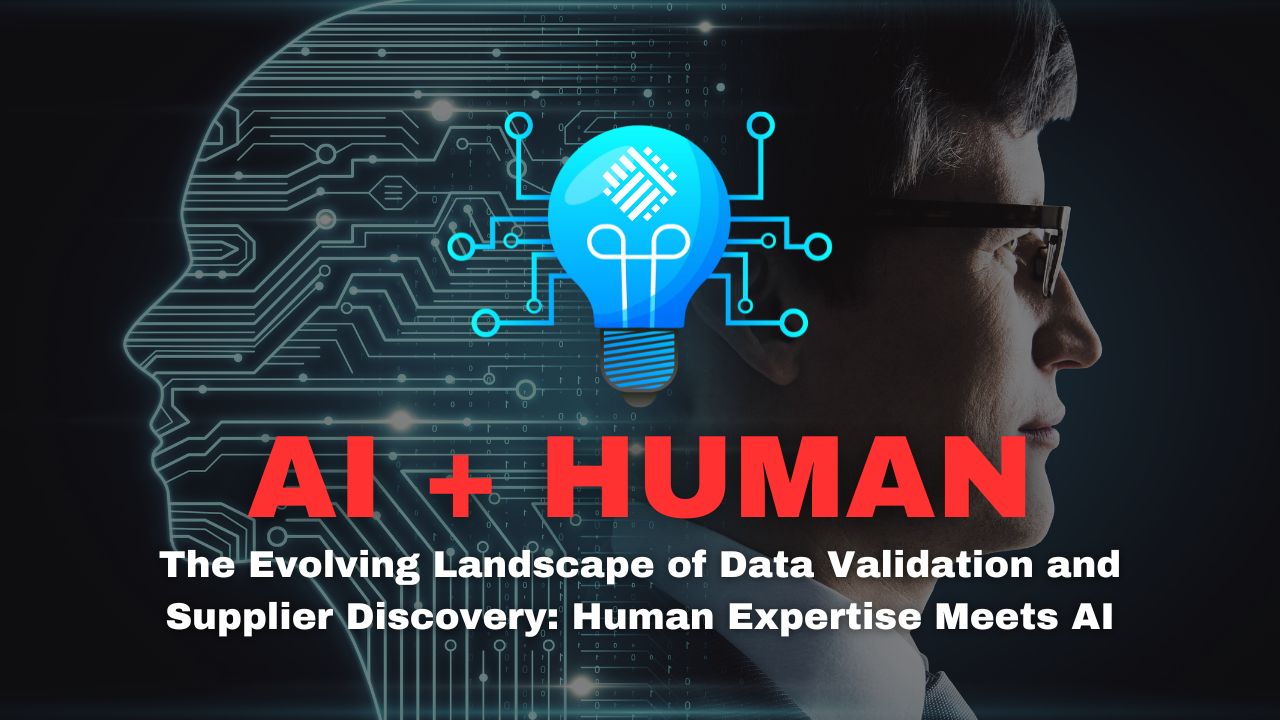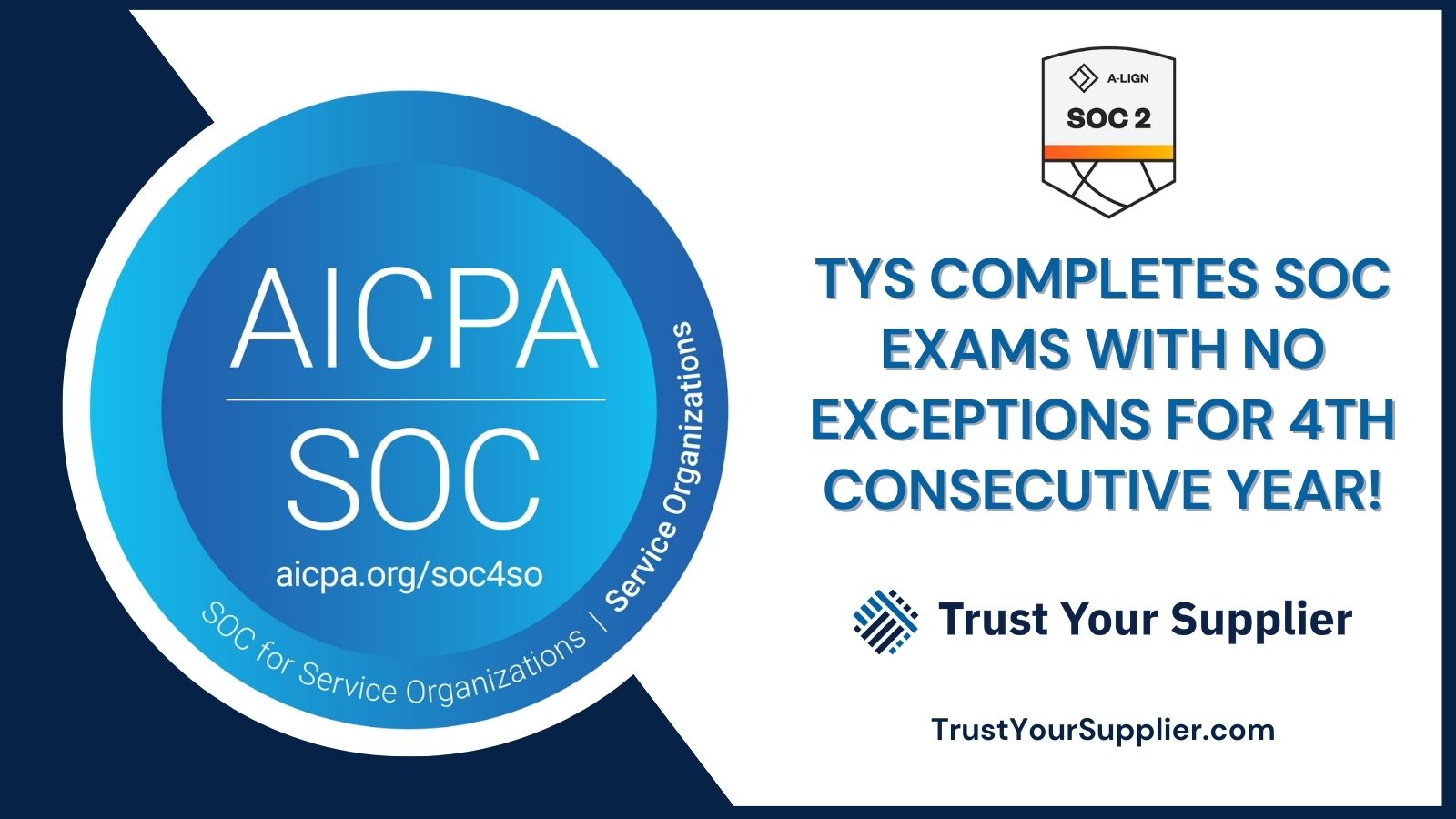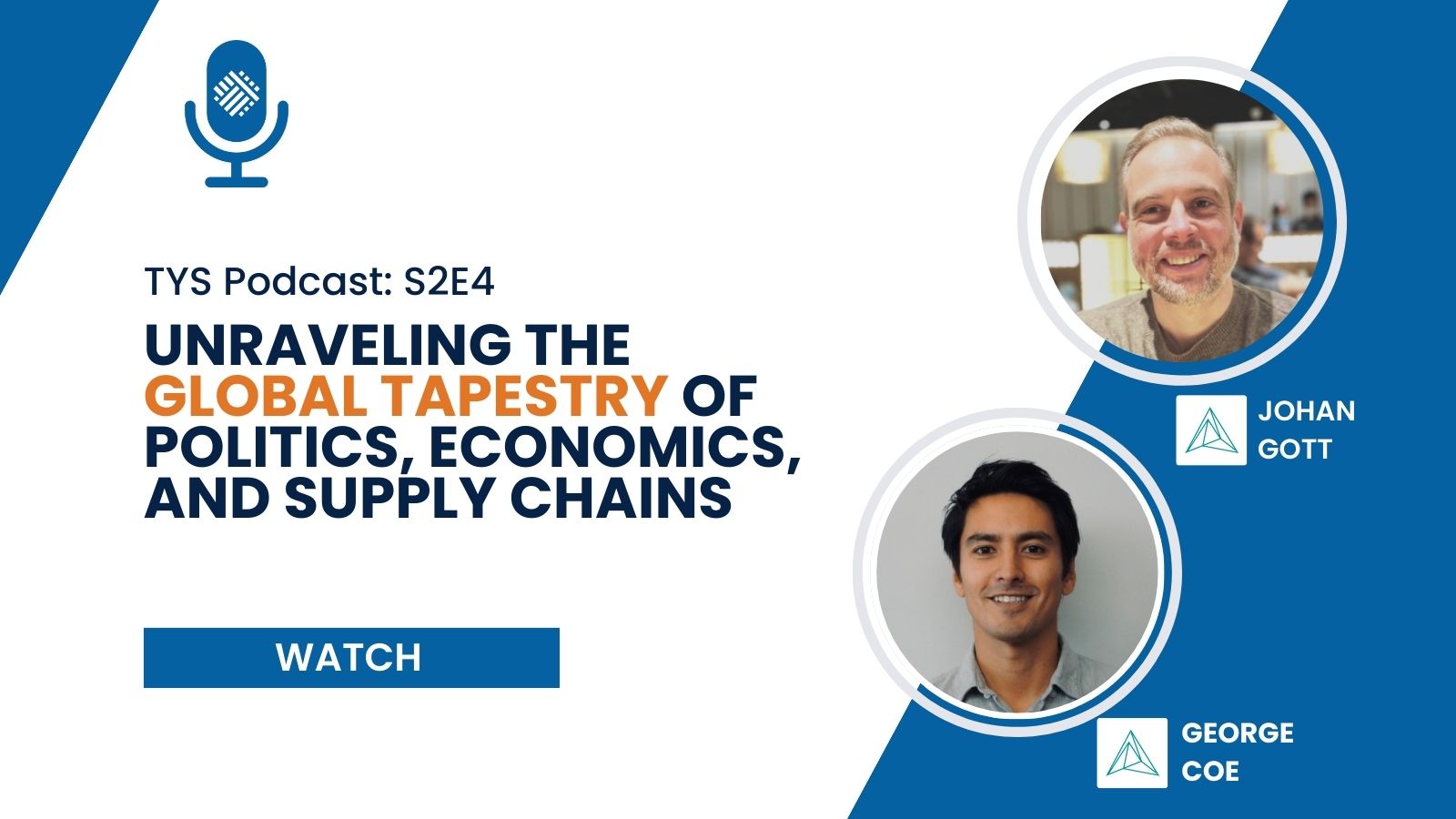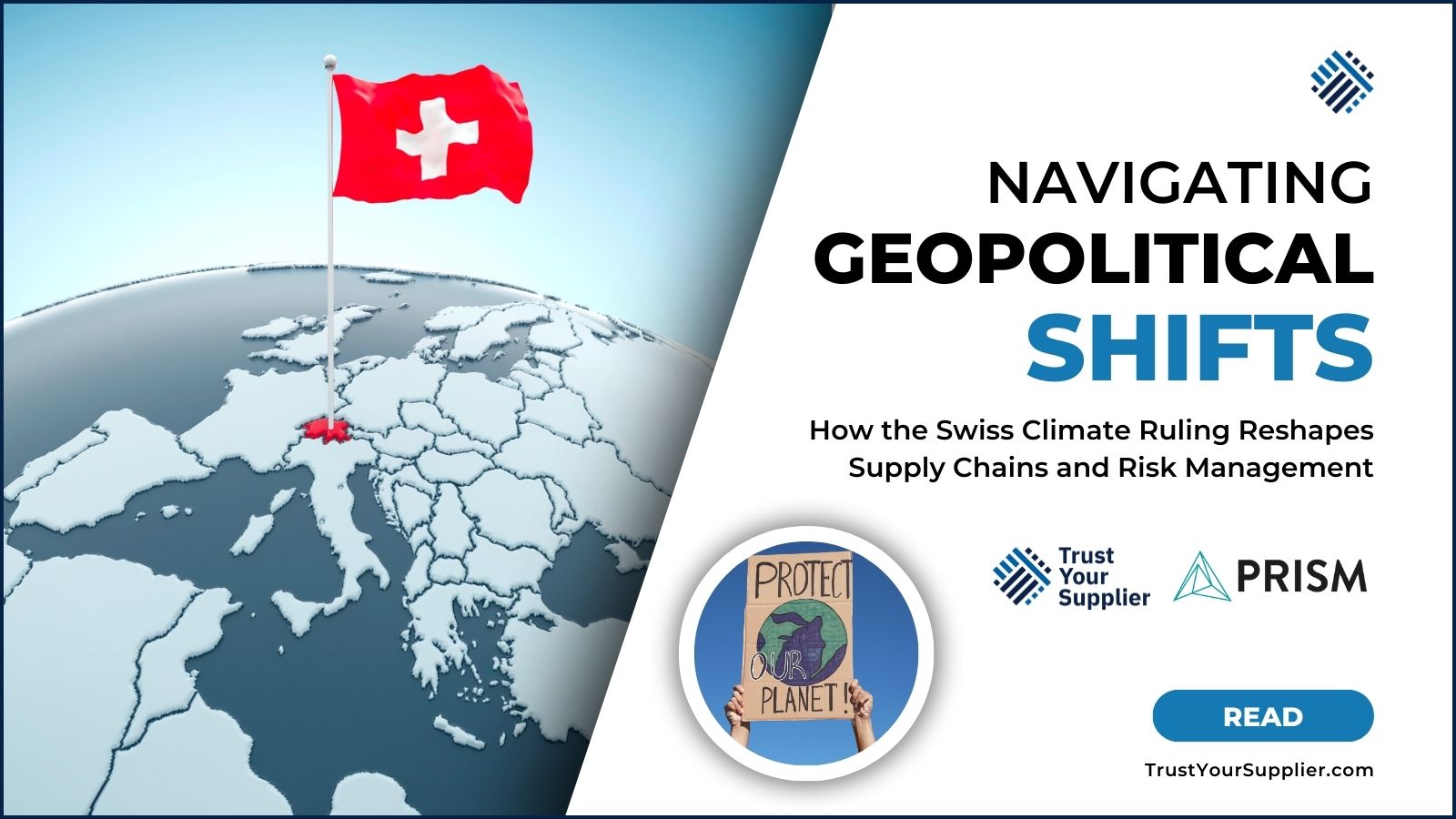by Michelle Armstrong, TYS Global VP of Value Engineering
In the digital age, businesses seek efficiency and accuracy in their supply chain operations, particularly in supplier discovery and data validation. While Artificial Intelligence (AI) presents promising solutions, it is not a panacea. At Trust Your Supplier, we recognize the unique value of combining AI with the irreplaceable insights provided by in-country verifiers, ensuring that our clients receive the most reliable and contextually accurate data.
The Limitations of AI in Supplier Discovery
AI is powerful and capable of processing vast datasets to identify patterns and anomalies at speeds no human could match. However, its effectiveness is contingent upon the quality and structure of the data it processes. In regions with less standardized digital data or where legal constraints limit data accessibility, AI alone may falter, yielding less than optimal results.
The Human Element: In-Country Verifiers
At Trust Your Supplier, we enhance AI’s capabilities with the local knowledge and expertise of in-country verifiers. These professionals are fluent in the local languages and business practices and familiar with regional legal nuances that might affect data collection and validation. This human element ensures that the data you receive is accurate and fully compliant with local regulations.
Balancing AI and Human Insight
Incorporating in-country verifiers into our process addresses the gaps left by AI. For example, when supplier data changes—such as updates in tax IDs or operational addresses—our local experts can verify these changes promptly and accurately. This approach reduces the risk of outdated or incorrect data, a common issue when relying solely on AI, particularly in dynamic markets.
Looking to the Future
While AI continues to advance, reaching new heights of data processing capabilities, the path to perfection is long. At Trust Your Supplier, we are committed to staying at the forefront of technology while also valuing the indispensable human touch. Our blended approach prepares us for today’s challenges and also sets a robust foundation for integrating more sophisticated AI solutions in the future.
Why Trust Your Supplier?
Choosing Trust Your Supplier means opting for a service that understands the balance between technology and human expertise. Our clients benefit from a hybrid model that leverages the best of both worlds—cutting-edge AI backed by the critical oversight of seasoned professionals. This ensures not only the accuracy of the data but also its applicability and compliance, giving businesses the confidence to make informed decisions.
In the evolving world of supplier management, Trust Your Supplier stands out by offering an innovative and balanced approach. While AI is a powerful tool that will continue to improve, the current landscape requires a human touch to ensure the highest standards of data validity and reliability. Trust us to be your partner in navigating the complex, ever-changing world of supplier discovery and validation.






